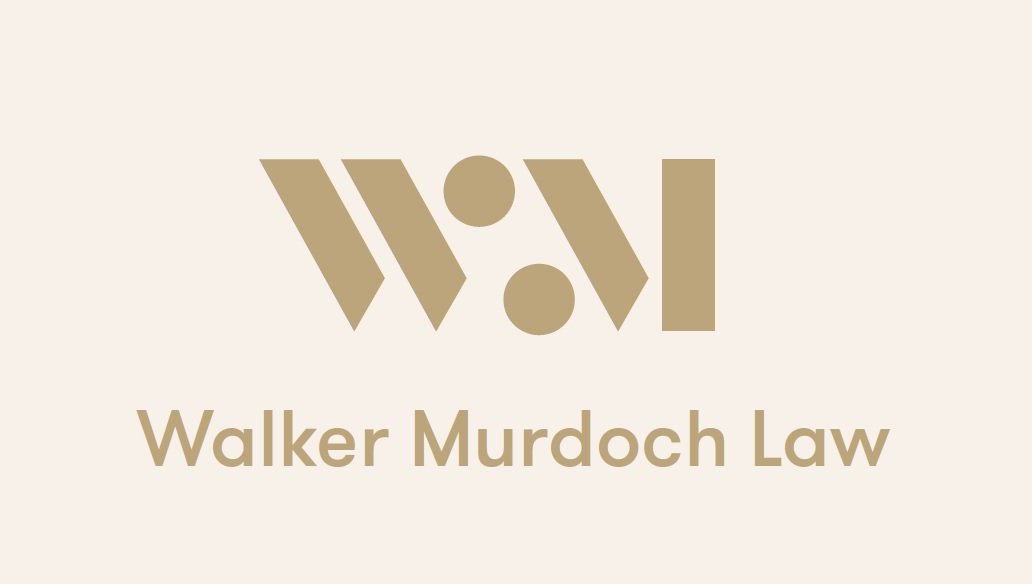“DEPOSITS” for the purchase of property.
Sarah Templeton - Law Clerk
So you’re thinking about purchasing a property and you wonder what you need to know, well one of the main things you need to think about is, will you be paying a deposit?
When you sign an Agreement for Sale & Purchase the agent will ask if you are able to pay a deposit. In New Zealand there is no law that you must pay a deposit, the amount of the deposit can be negotiated between the parties or may be the standard 10% of the purchase price is to be paid. You should talk to the agent about what you would like your offer to stipulate.
If you sign an agreement and there is a deposit payable you need to note:
· When is the deposit payable? (is it upon the agreement signed for when the contract becomes unconditional)
· The amount you agree to pay
You really shouldn’t agree to pay any deposit unless you have the funds available in a Bank account, or can be accessed at short notice. If the deposit is not paid when required, the vendor can have the option of either cancelling the agreement or charge penalty interest on the deposit owing.
If you are thinking of using your KiwiSaver for payment of the deposit, you need to let your agent and Solicitor know ASAP as KiwiSaver providers can take up to 15 working days to process withdrawal claims, which could mean a delay in payment of the deposit required.
If you know at the time of signing an Agreement to purchase, that you will not have the funds available to pay the deposit, make sure you put Nil for the payment of the deposit, this means that the full purchase price will be paid on the settlement date.
If you are unsure about the deposit (or anything else) in an agreement for sale and purchase please contact your lawyer before signing, as once you sign the agreement you will be bound by its terms.
Where a deposit is not a deposit
One thing we are finding is happening more often is that clients are being advised is that to secure finance from their bank or broker “they need a 20% deposit”.
This situation is not talking about the payment of a deposit to the vendor (seller) as discussed above but rather, it is talking about the required equity you will need to have in the home or how much you can borrow secured against your property.
A simple example of this is if your potential future home is $400,000.00 then you can only borrow 80% of that value from the bank meaning you need 20% equity.
You could only borrow $320,000.00 from the bank and would need to have the other 20% made up in some other way to meet the balance of the purchase price. In this example, it would be $80,000. We call this equity or your contribution to the purchase price but many lenders and brokers may call it a “deposit” so it’s good to make sure you ask whether they mean a deposit that you need to pay to the vendor or whether they are referring to the balance of the purchase price or equity.
Your 20% equity or security can be made up in many different ways like:
1. A gift from family, friends or someone else;
2. Funds you have saved;
3. Proceeds of a home sale;
4. Equity in another property; or
5. Kiwisaver.
If you are confused about what your bank or mortgage broker requires, we can help you navigate that process.
